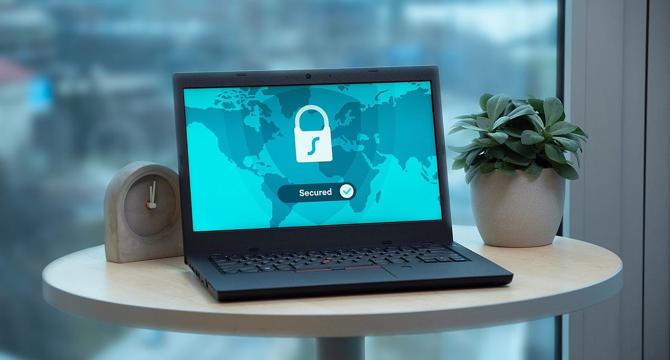Medium
2M
399

Image Credit: Medium
Get Secure VPN Today
- A Virtual Private Network (VPN) is a technology designed to create a secure connection over the internet, establishing a private tunnel for your data, protecting it from prying eyes.
- With an increasing number of cyber threats lurking around, having a VPN can be a game-changer for your online security and privacy.
- When you connect to an unsecured public Wi-Fi network, you invite potential risks into your digital life. With a secure VPN, you shield your data from these threats.
- A secure VPN masks your IP address, making it challenging for entities such as internet service providers (ISPs) and advertisers to track your activities.
- When deciding which VPN to use, it’s essential to consider various features, including encryption method, no-logs policy, and high-speed connections.
- Different VPNs may use varying protocols to keep your data secure. OpenVPN, L2TP combined with IPsec, and IKEv2 are some of the most widely used protocols.
- A secure VPN can help you bypass content restrictions effortlessly and maintain a steady speed while streaming.
- A secure VPN can enhance productivity and ensure confidentiality in your remote work environment.
- Free VPN services often come with significant drawbacks, including limited data, slower speeds, and potentially invasive data collection practices. Investing in a reputable paid VPN is recommended.
- Before settling on a VPN, take the time to read reviews and customer feedback, and look for a VPN with accessible customer support options.
Read Full Article
24 Likes
For uninterrupted reading, download the app